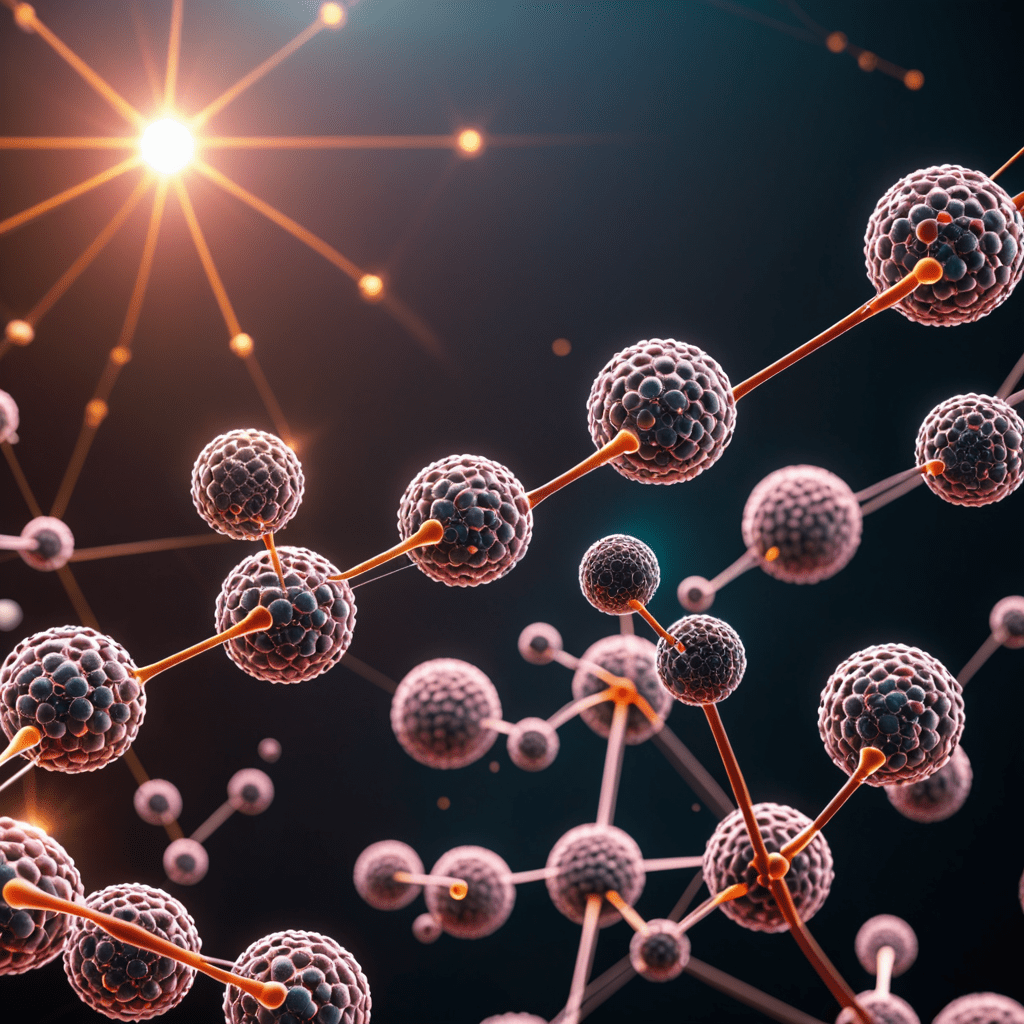
Nanotechnology in Drug Discovery: Accelerating Research and Development
The Role of Nanotechnology in Drug Discovery
Nanotechnology has revolutionized the field of drug discovery by enabling scientists to manipulate and engineer materials at the nanoscale level. This technology offers precise control over drug delivery, better targeting of specific cells or tissues, and enhanced therapeutic outcomes.
Benefits of Nanotechnology in Drug Development
The use of nanotechnology in drug development brings numerous advantages, such as increased drug efficacy, reduced side effects, improved bioavailability, and the potential for personalized medicine. These benefits are instrumental in accelerating the research and development of new pharmaceuticals.
Nanoparticles in Targeted Drug Delivery
Nanoparticles serve as carriers for drugs, allowing for targeted delivery to specific areas within the body. By functionalizing nanoparticles with ligands or antibodies, researchers can enhance site-specific drug accumulation, leading to improved treatment outcomes while minimizing systemic toxicity.
Nanotechnology in Formulation Design
In drug formulation design, nanotechnology plays a crucial role in improving drug solubility, stability, and permeability. Nanoformulations help overcome challenges such as poor drug absorption and rapid metabolism, thereby enhancing the overall efficiency of drug delivery systems.
Enhancing Pharmacokinetics with Nanotechnology
Nanotechnology interventions can modify the pharmacokinetic properties of drugs, prolonging their circulation time, enhancing tissue distribution, and improving drug retention at the target site. These advancements contribute significantly to optimizing drug dosing regimens and patient outcomes.
Nanodevices for Diagnostic and Therapeutic Applications
Beyond drug delivery, nanotechnology has enabled the development of innovative nanodevices for diagnostics and therapeutics. Nanosensors, nanorobots, and other nanoscale tools offer precision in detecting biomarkers, monitoring treatment responses, and even performing targeted interventions at the cellular level.
The Future of Nanotechnology in Drug Discovery
As research in nanotechnology continues to advance, the future of drug discovery holds great promise. With ongoing developments in nanomedicine, nanotoxicology, and nanoscale imaging techniques, we can expect even more efficient and targeted drug interventions that revolutionize healthcare and personalized medicine approaches.
This blog post highlights the indispensable role of nanotechnology in accelerating research and development within the pharmaceutical industry. By harnessing the power of nanoscale materials and devices, scientists are poised to unlock new frontiers in drug discovery, ultimately leading to improved treatment options and better patient outcomes.
FAQs about Nanotechnology in Drug Discovery
What is nanotechnology’s role in drug discovery?
Nanotechnology involves manipulating materials at the nanoscale to create innovative solutions. In drug discovery, nanotechnology enables targeted drug delivery, enhanced efficacy, and reduced side effects.
How does nanotechnology accelerate research and development in drug discovery?
Nanotechnology allows for the precise control and engineering of drug molecules, improving their pharmacokinetics and bioavailability. This targeted approach speeds up the development of new drugs.
What are some examples of nanotechnology applications in drug discovery?
Examples include nanoparticles for drug delivery, nanosensors for disease detection, and nanoformulations for optimizing drug solubility. These applications revolutionize how drugs are developed and administered.
How does nanotechnology benefit the pharmaceutical industry?
Nanotechnology offers the potential for personalized medicine, increased treatment efficacy, and lower production costs. It also enables the development of novel therapeutics for previously challenging diseases.


